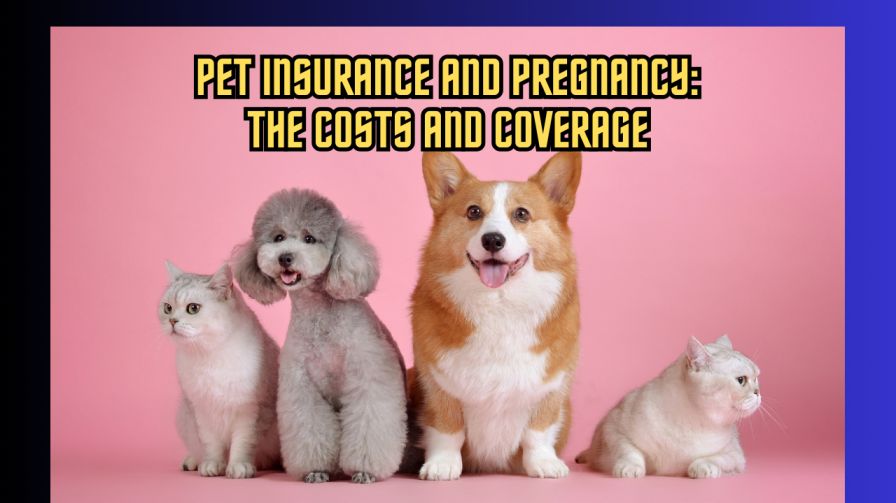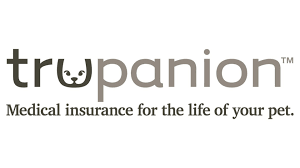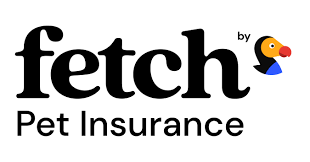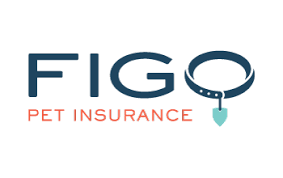Pet Insurance and Pregnancy: Navigating the Costs and Coverage

Breeding your pet can be an exciting endeavour, bringing the joy of welcoming a litter of kittens or puppies into your home. However, along with this excitement comes the responsibility of ensuring the health and well-being of both the mother and her offspring. Pet pregnancies can be costly, encompassing routine care, emergency interventions, and potential complications. This comprehensive guide will explore pet insurance options for pregnancy, the costs associated with pet pregnancies, and alternative ways to manage these expenses.
Table of Contents
Does Pet Insurance Cover Pregnancy?
Most standard pet insurance policies focus on unexpected illnesses and injuries, which are considered unforeseeable and unpreventable. Since pet pregnancy is typically a planned event, many pet insurance plans do not cover pregnancy-related expenses. However, some insurers understand the unique needs of breeders or pet owners who may unexpectedly find their pet expecting. Consequently, a few pet insurance companies offer breeding plans that cover certain pregnancy-related costs.
These specialized plans often exclude routine pregnancy expenses, such as prenatal check-ups and standard whelping costs. Instead, they focus on covering unexpected complications that could arise during pregnancy, whelping, or nursing.
Pet Insurance Companies That Cover Pregnancy
While most pet insurers do not cover pregnancy-related expenses, there are a few exceptions. Here’s a closer look at some of the pet insurance companies that provide coverage options for pregnancy:
1. Trupanion

Trupanion offers a breeding rider for cats and dogs, covering illnesses and injuries arising from pregnancy, whelping, and queening processes. However, if your pet is already pregnant at the time of enrollment, the pregnancy is considered a pre-existing condition, making related claims ineligible for coverage. The breeding rider excludes coverage for planned C-sections (unless medically necessary), routine prenatal checks, pre-breeding tests, fertility treatments, and artificial insemination. Specific breeds, such as English Bulldogs, Pugs, and French Bulldogs, have additional exclusions, particularly concerning C-sections and difficult labors.
2. AKC Pet Insurance

AKC offers a dog-specific breeding rider to help cover unexpected incidents, illnesses, or complications during breeding, pregnancy, whelping, or nursing. The policy includes emergency situations like life-saving C-sections and treatments for conditions such as mastitis, gestational diabetes, eclampsia, dystocia, and pyometra. Routine or elective procedures, such as planned C-sections, are not covered.
3. Fetch by The Dodo

Fetch typically does not cover costs related to breeding, pregnancy, whelping, or nursing. However, there is an exception for complications arising from these activities. Fetch covers medically necessary treatments if complications occur, provided the breeding date is after the policy’s 15-day waiting period.
4. Figo

Figo’s pet insurance is similar to Fetch, offering coverage for complications from breeding, pregnancy, or whelping if the breeding date is at least 14 days after the policy’s start date. Figo is known for its interactive tools for pet owners, including 24/7 access to a live vet through their app, and offers several premium discounts.
Costs Associated with Pet Pregnancy
Pet pregnancy involves various costs, ranging from routine prenatal care to emergency medical procedures. Being prepared for these expenses can help ensure a smooth experience for you and your pet. Here’s a breakdown of typical costs associated with pet pregnancy:
1. Prenatal Care
Regular check-ups are essential to monitor the health of the mother and her unborn babies. These visits may include vaccinations, deworming, and routine examinations, costing between $150 and $300.
2. Health Clearances
Health clearances involve tests to ensure your pet is free from inherited diseases or conditions that could affect the pregnancy. For example, X-rays to check for hip dysplasia or blood tests for other inherited diseases can cost up to $1,000.
3. Brucellosis Testing
Brucellosis canis is a bacteria that can cause miscarriages. Testing to ensure both parents are free from this bacteria can cost between $30 and $40.
4. Ultrasounds and X-rays
Monitoring the pregnancy’s progress and the health of the unborn pets through ultrasounds and X-rays can cost about $100 to $250.
5. Emergency Medical Procedures
Complications during pregnancy may require urgent medical interventions, such as cesarean sections. The cost of these procedures can range from $1,000 to $3,000 or more, depending on factors like the pet’s size and the clinic’s location.
6. Postnatal Care
Once the babies are born, they will need initial health checks, vaccinations, and possibly deworming, adding to the overall costs.
7. Potential Complications
Complications such as eclampsia (seizures in lactating animals), mastitis (mammary gland inflammation), or dystocia (difficult labor) can lead to additional expenses.
Alternatives to Pay for a Pet’s Pregnancy
If pet insurance that covers pregnancy isn’t an option for you, there are several alternatives to help manage the costs:
1. Savings Fund
Consider setting up a specific savings fund for your pet’s healthcare needs. This can be more cost-effective, especially if you have the cash flow to support it. Self-funding allows you to avoid emergency funds or borrowing in haste and provides peace of mind.
2. Payment Plans
Some veterinary clinics offer payment plans that allow you to spread the cost of care over several months. Check with your vet in advance to see if they provide these options.
3. Pet Health Credit Cards
Companies like CareCredit offer credit cards designed for healthcare expenses, including those for pets. These cards often provide interest-free periods if the balance is repaid within a certain timeframe.
4. Personal Loans
In emergency situations, a personal loan might be necessary. While not ideal due to interest rates, it can be a lifesaver in emergencies.
5. Negotiating with Your Vet
Don’t hesitate to discuss your financial situation with your veterinarian. They might offer discounts or be willing to work out a special payment arrangement.
Conclusion
Pet pregnancy can bring joy and excitement, but it also comes with significant responsibilities and costs. While most standard pet insurance policies do not cover pregnancy-related expenses, specialized plans from companies like Trupanion and AKC can help manage unexpected complications. Being prepared for the financial aspects of pet pregnancy and exploring alternative funding options can ensure your pet receives the best care possible. Planning ahead and making informed decisions will make the experience less stressful for both you and your furry friend.








